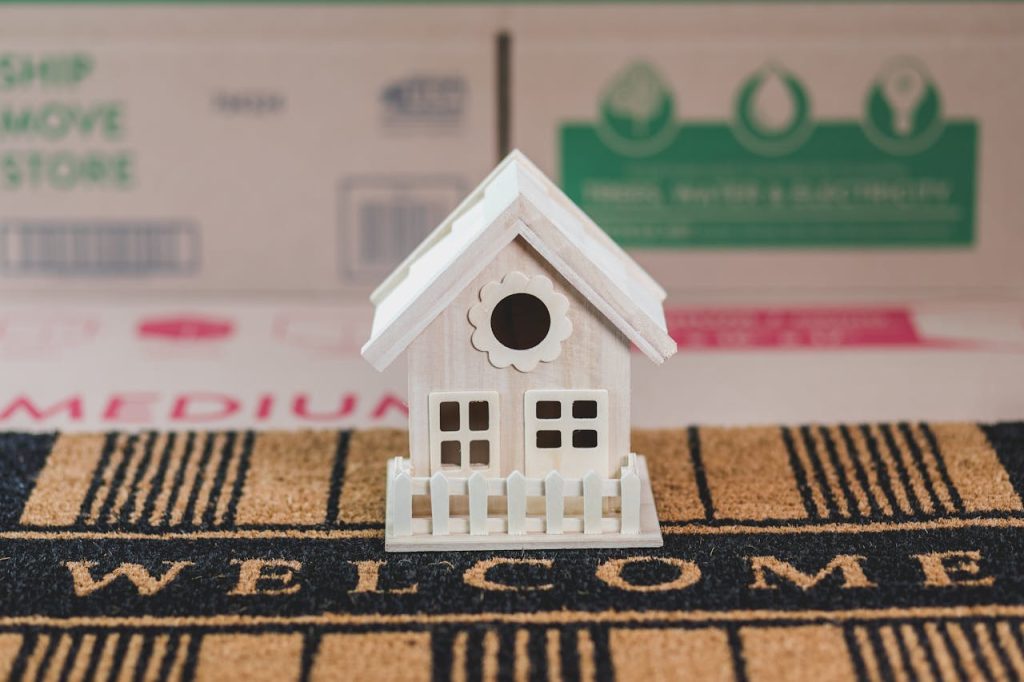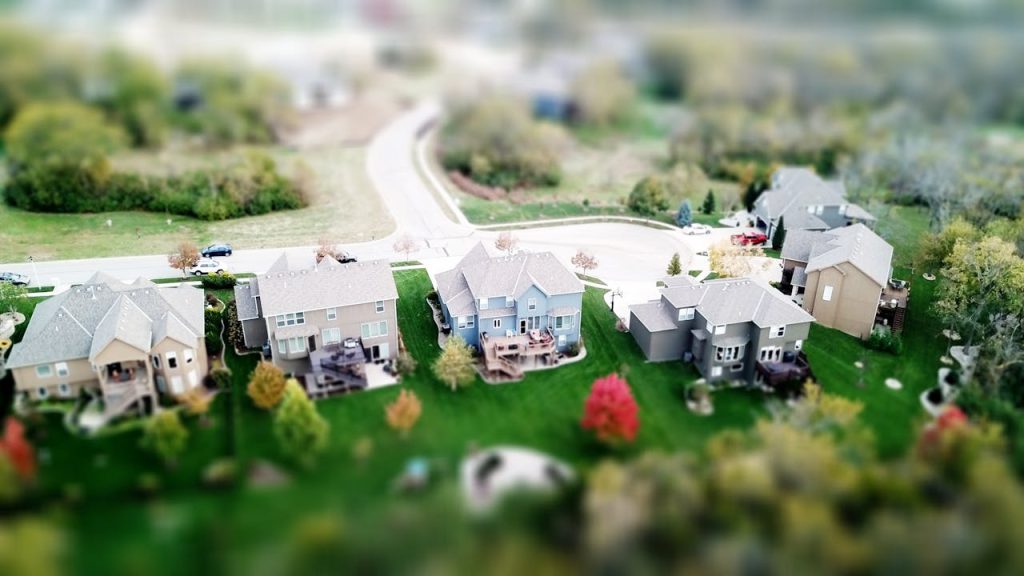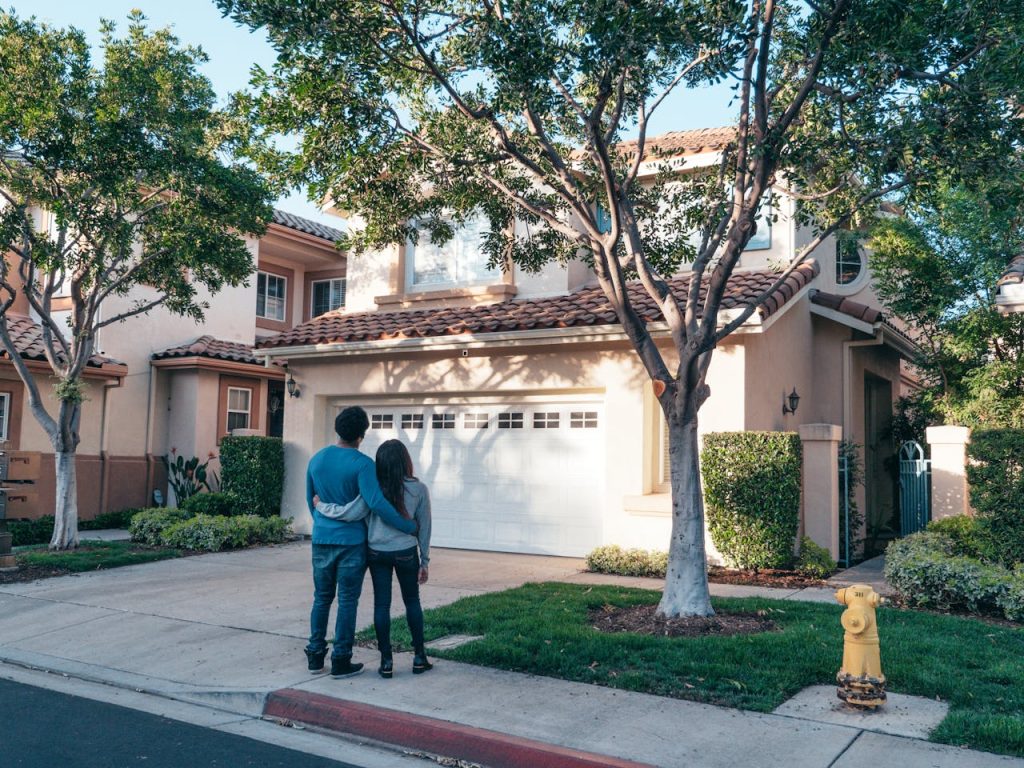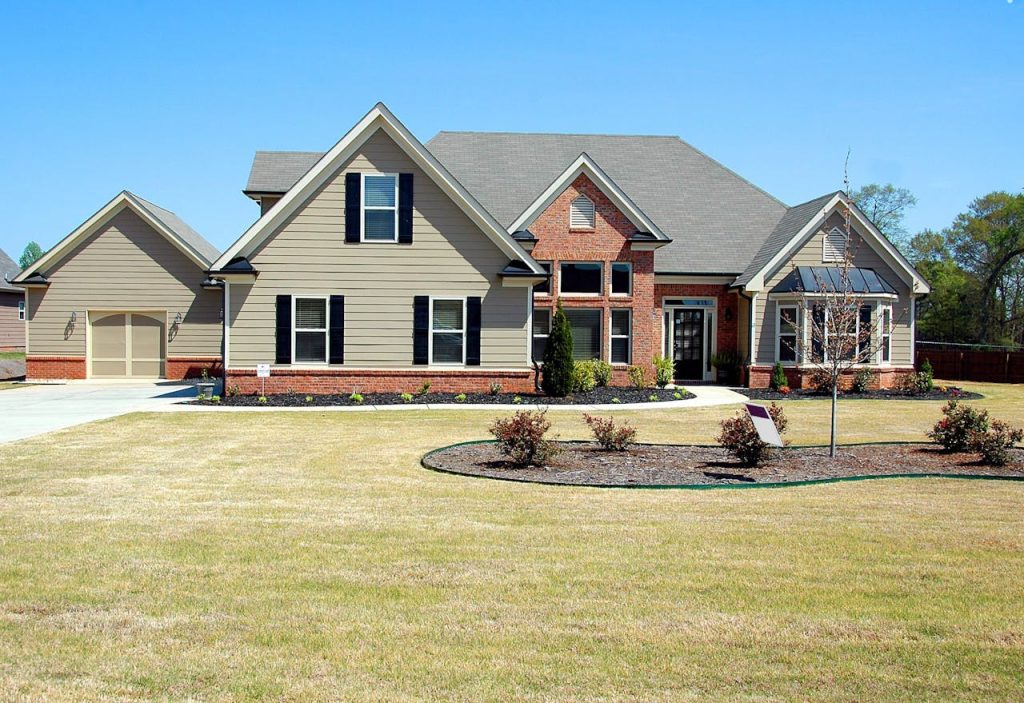
Image Source: pexels.com
Tiny homes have captured the imagination of minimalists, adventurers, and budget-conscious buyers alike. The promise of a simpler life, lower costs, and a smaller environmental footprint is undeniably appealing. But if you’re thinking about building or buying a tiny home, it’s easy to overlook how certain features can quietly chip away at your small home’s resale value. Not every clever design or quirky addition will pay off when it’s time to sell. Understanding which features can hurt your investment is crucial, especially in a market where buyers are already selective. Let’s break down the most common tiny home features that can quietly lower your resale value—and what you can do instead.
1. Highly Customized Built-Ins
Built-in furniture and storage solutions are a hallmark of tiny home design. While custom nooks, hidden drawers, and fold-out desks can maximize space, overdoing it with highly personalized built-ins can actually harm your tiny home’s resale value. Buyers want flexibility to make the space their own. If your built-ins are too specific—like a desk sized for your laptop or a closet designed for your exact wardrobe—they may not suit the next owner’s needs. Instead, opt for modular or removable furniture that offers adaptability. This way, your tiny home appeals to a broader range of buyers, making it easier to sell.
2. Loft-Only Sleeping Arrangements
Lofts are a popular way to save space in tiny homes, but relying solely on a loft for sleeping can be a dealbreaker for many buyers. Climbing a ladder every night isn’t practical for everyone, especially older adults, families with young children, or anyone with mobility issues. A tiny home’s resale value can take a hit if buyers see the sleeping setup as inconvenient or unsafe. If you love the idea of a loft, consider also including a main-floor sleeping option, like a convertible sofa or Murphy bed. This small change can make your home more accessible and attractive to a wider audience.
3. Composting Toilets Only
Composting toilets are eco-friendly and conserve water, but they may not be suitable for everyone. Many buyers are unfamiliar with how they work or simply prefer a traditional flush toilet. If your tiny home only has a composting toilet, you may limit your pool of potential buyers and reduce the resale value of your tiny home. If possible, design your bathroom to accommodate a standard toilet or, at the very least, provide the plumbing hookups for one. This gives future owners the flexibility to choose what works best for them, making your home more marketable.
4. Overly Bold or Niche Decor
Personal style is important, but going too bold or niche with your decor can turn off buyers. Bright colors, unusual wallpaper, or themed interiors (think “beach shack” or “retro diner”) might reflect your personality, but they can make it harder for buyers to envision themselves living there. Neutral colors and simple finishes tend to have broader appeal and can help maintain your tiny home’s resale value. If you want to add personality, do it with easily changeable items like throw pillows or artwork, rather than permanent fixtures.
5. Lack of Standard Utilities
Some tiny homes are designed to be completely off-grid, featuring solar panels, rainwater collection systems, and propane appliances. While this appeals to a certain segment of buyers, most people want the option to connect to standard utilities. A lack of hookups for water, electricity, or sewage can significantly lower your tiny home’s resale value. Even if you love living off the grid, consider installing the infrastructure for standard utilities. This small investment can make your home more attractive to a larger group of buyers and increase your chances of a quick sale.
6. Poor Insulation and Climate Control
Tiny homes are often built with cost savings in mind, but skimping on insulation or climate control can be a costly mistake. Poor insulation means higher energy bills and uncomfortable living conditions, which can be a red flag for buyers. If your tiny home is drafty in winter or sweltering in summer, expect its resale value to drop. Invest in quality insulation and consider adding features like mini-split HVAC systems or energy-efficient windows. These upgrades not only make your home more comfortable but also more appealing to future buyers.
7. Limited Storage Space
Storage is always at a premium in tiny homes, but too little can be a dealbreaker. If buyers can’t see where they’ll put their clothes, kitchenware, or outdoor gear, they may walk away. While it’s tempting to maximize living space at the expense of storage, a lack of practical storage solutions can quietly lower your tiny home’s resale value. Think about adding under-bed drawers, overhead cabinets, or even a small outdoor shed. The more versatile your storage, the more attractive your home will be to buyers who want to downsize without sacrificing organization.
8. Unpermitted Additions or DIY Work
Many tiny home owners love to tinker and customize, but unpermitted additions or obvious DIY work can deter buyers and lower the resale value of your tiny home. Potential buyers worry about safety, code compliance, and future headaches. Always check local regulations before making changes, and keep documentation for any permitted work. If you’re not confident in your skills, hire a professional for major projects. A well-documented, code-compliant tiny home is much easier to sell and commands a higher price.
Smart Choices for a Stronger Tiny Home Resale Value
Every design decision you make in your tiny home can impact its resale value, sometimes in ways you might not expect. By focusing on flexibility, accessibility, and broad appeal, you can protect your investment and make your home more attractive to future buyers. Avoiding overly personal touches, ensuring standard utilities, and investing in quality construction are all smart moves. Remember, the goal is to create a space that feels like home to you—without closing the door on potential buyers down the road.
What tiny home features have you seen that helped or hurt resale value? Share your thoughts in the comments!
Read More
The Definition of Irony (or Why You Should Know What You’re Doing)

Travis Campbell is a digital marketer/developer with over 10 years of experience and a writer for over 6 years. He holds a degree in E-commerce and likes to share life advice he’s learned over the years. Travis loves spending time on the golf course or at the gym when he’s not working.








